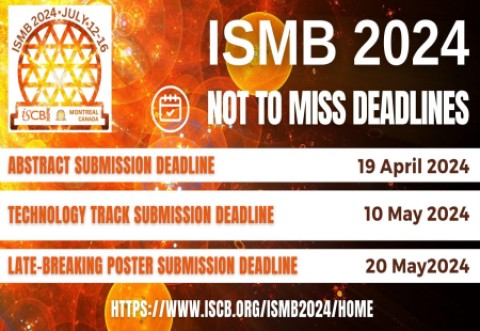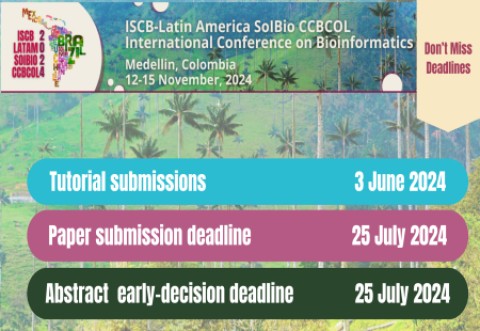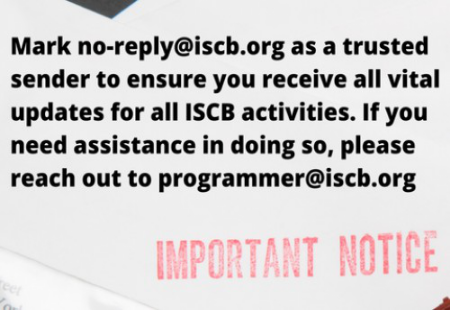
FASEB News - June 4, 2010
Contact: Cody Mooneyhan
This email address is being protected from spambots. You need JavaScript enabled to view it.
301-634-7104
Federation of American Societies for Experimental Biology
Probiotic found in breast milk helps alleviate symptoms of digestive disorders
New research published in the FASEB Journal suggests that Lactobacillus reuteri immediately affects nerves in the gut, explaining how probiotics workHere's another reason to breast feed your baby: Canadian researchers have discovered how a probiotic found in breastmilk reduces or eliminates painful cramping in the gut. In a new research report published online in the FASEB Journal (http://www.fasebj.org), these scientists use mice to show that a specific strain of Lactobacillus reuteri decreases the force of muscle contractions in the gut within minutes of exposure. This bacterium naturally occurs in the gut of many mammals and can be found in human breast milk. This discovery suggests that increasing the intake of this bacterium may help alleviate symptoms of a wide range of gut disorders, such as irritable bowel syndrome, inflammatory bowel disease, functional bowel disorders, and constipation.
"Scientifically and evidence-based approaches to nutrition to correct potential bacterial imbalance in the intestine and thereby promote better health and possibly restore health in diseases associated with these imbalances," said Wolfgang Kunze, a researcher involved in the work from the McMaster Brain-Body Institute and Department of Psychiatry at St. Joseph's Healthcare in Ontario, Canada.
To make this discovery, Kunze and colleagues, introduced Lactobacillus reuteri into isolated pieces of small intestine taken from healthy and previously untreated mice. The bacterium was added to a warm salt solution flowing through the lumen, or hollow part, of the intestine and the pressure caused by natural contractions was measured before, during and after adding the bacterium. Relaxation of smooth muscle tissue was compared with the action of the bacterium. Researchers also tested the electrical activity of single intestinal sensory nerve cells.
"It might not be possible for most of us to get breast milk from the tap," said Gerald Weissmann, M.D., Editor-in-Chief of the FASEB Journal, "but we can still benefit from some of the life-supporting substances it carries.This research shows that the relationship between humans and microbes can be beneficial for both. The Lactobacillus finds a new home, and we're no longer up tight."
###
Receive monthly highlights from the FASEB Journal by e-mail. Sign up at http://www.faseb.org/fjupdate.aspx. The FASEB Journal (http://www.fasebj.org) is published by the Federation of the American Societies for Experimental Biology (FASEB). The journal has been recognized by the Special Libraries Association as one of the top 100 most influential biomedical journals of the past century and is the most cited biology journal worldwide according to the Institute for Scientific Information.
FASEB comprises 23 societies with more than 100,000 members, making it the largest coalition of biomedical research associations in the United States. FASEB enhances the ability of scientists and engineers to improve—through their research—the health, well-being and productivity of all people. FASEB's mission is to advance health and welfare by promoting progress and education in biological and biomedical sciences through service to our member societies and collaborative advocacy.
Details: Bingxian Wang, Yu-Kang Mao, Caroline Diorio, Michael Pasyk, Richard You Wu, John Bienenstock, and Wolfgang A. Kunze. Luminal administration ex vivo of a live Lactobacillus species moderates mouse jejunal motility within minutes FASEB J. doi:10.1096/fj.09-153841 ; http://www.fasebj.org/cgi/content/abstract/fj.09-153841v1






























